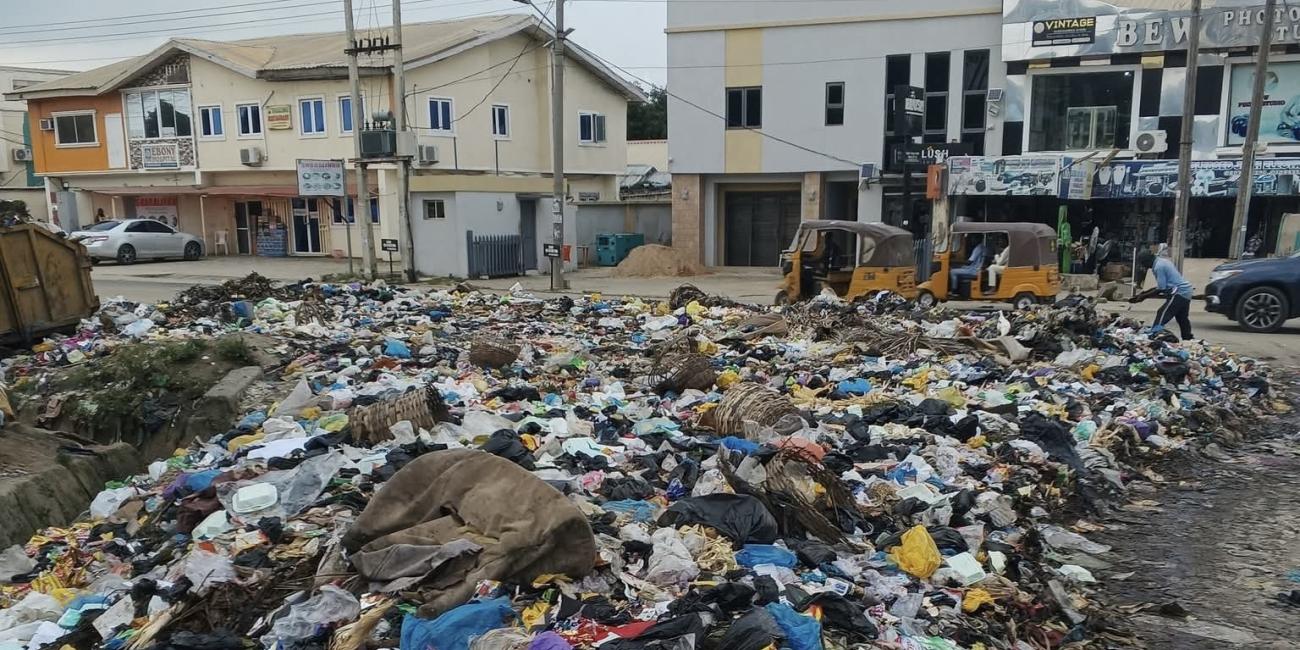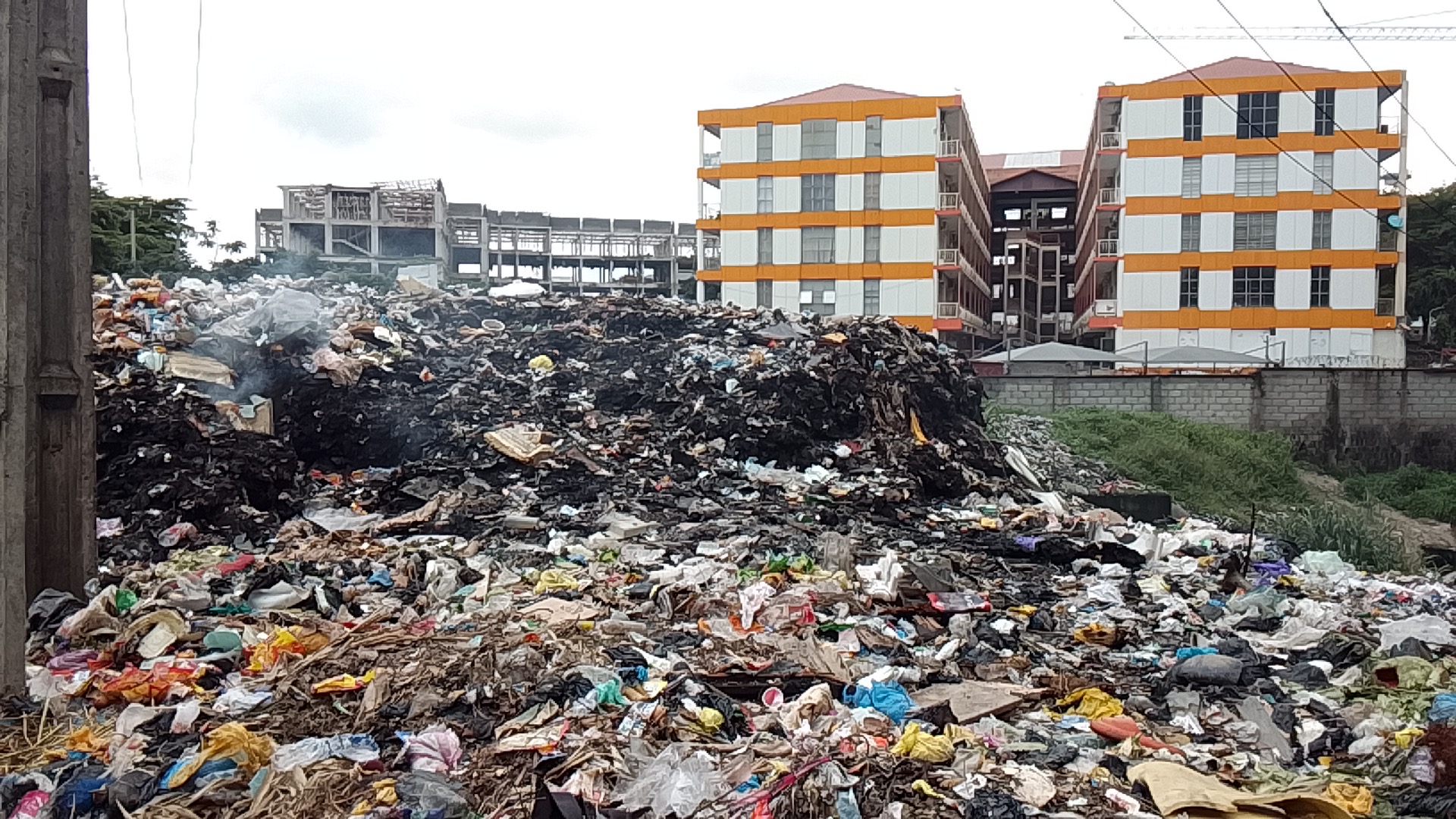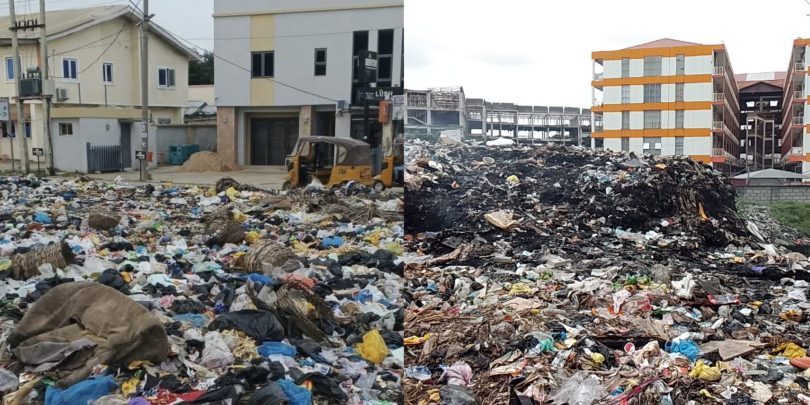Nigeria’s capital city, Abuja, is currently battling with growing heaps of refuse scattered across major roads and neighborhoods, leaving residents frustrated and fearful of an imminent health crisis.
From the busy streets of Wuse, Garki, Maitama, Jabi, Nyanya, Kubwa, Kuje, Karu and Lugbe, garbage has piled up for weeks without collection. The stench, flies, and rodents have sparked concerns of possible outbreaks of diseases such as cholera, typhoid, and malaria.

Shop owners and commuters in the city center say the situation is at its worst, with illegal dumping sites defacing the capital. “It is shameful that the nation’s capital is being swallowed by filth. Everywhere you turn, you see heaps of garbage,” lamented Mrs. Rafat Yusuf, a trader in Wuse Market.
Contractors blame non-payment as public health experts warn of crisis
Investigations reveal that many private waste contractors working under the Abuja Environmental Protection Board (AEPB) have abandoned their duties after being owed for several months. This has left the city in disarray, turning Abuja’s image into what residents describe as “a slum.”
A Kubwa resident, Mr. John Akpan, expressed anger over the neglect. “For the past two weeks, nobody has come to collect refuse in my area. The waste bins are overflowing, and people now dump trash by the roadside. We can’t even breathe properly because of the stench,” he said.
Health professionals have raised the alarm, warning that Abuja is sitting on “a public health time bomb.” According to Dr. John Oche, uncontrolled waste could lead to an epidemic. “Flies, rats, and mosquitoes thrive in such environments and spread deadly diseases. Urgent action is needed,” he stressed.


Government promises action but residents remain skeptical
When contacted, officials of the AEPB attributed the crisis to “logistic and operational challenges” but assured that steps were being taken to restore regular waste collection across the city.
However, residents and environmental activists remain unconvinced, calling for accountability and immediate intervention. They insist that Abuja, as the seat of power of Africa’s most populous nation, should not be left to rot in filth.
“Abuja deserves a cleaner and healthier environment. We cannot continue like this,” one activist said.

